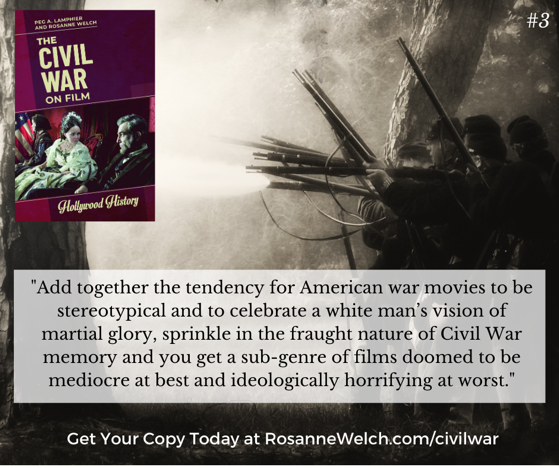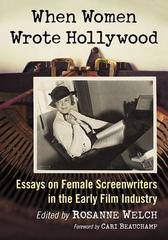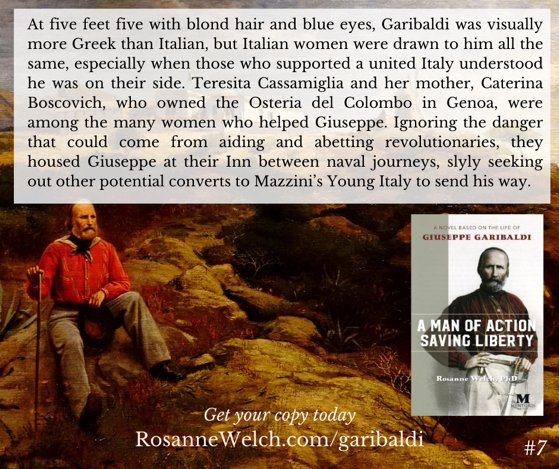Watch this entire presentation
Subscribe to Rosanne’s Channel and receive notice of each new video!
Transcript:
A perfect example of taking horror and blending in social commentary right and putting those together so the horror is that one extra level above what you thought it could be right and that’s what makes it stand out. That’s what makes it Oscar-worthy right? He’s doing exactly what Toni Morrison did but doing it in a film. He’s still talking about the horror of slavery and what it meant to this country in a whole different type of story which I think is really cool. I think it’s cool because all of this is coming full circle now as Netflix is about excuse me CW is about to open a new show called The Shelley Society about Mary Shelley and all her buddies who battled monsters back in their own day which sounds an awful lot like a redo of Buffy, just with a famous character in it right? I think that’s going to be really fascinating. I really want that to work. It’s being done by the gentleman who’s doing Riverdale, which is taking the Archie comics and readapting them. I think that’s pretty cool.
A Note About This Presentation
A clip from my keynote speech at the 10th Screenwriters´(hi)Stories Seminar for the interdisciplinary Graduation Program in “Education, Art, and History of Culture”, in Mackenzie Presbyterian University, at São Paulo, SP, Brazil, focused on the topic “Why Researching Screenwriters (has Always) Mattered.” I was especially pleased with the passion these young scholars have toward screenwriting and it’s importance in transmitting culture across the man-made borders of our world.
To understand the world we have to understand its stories and to understand the world’s stories we must understand the world’s storytellers. A century ago and longer those people would have been the novelists of any particular country but since the invention of film, the storytellers who reach the most people with their ideas and their lessons have been the screenwriters. My teaching philosophy is that: Words matter, Writers matter, and Women writers matte, r so women writers are my focus because they have been the far less researched and yet they are over half the population. We cannot tell the stories of the people until we know what stories the mothers have passed down to their children. Those are the stories that last. Now is the time to research screenwriters of all cultures and the stories they tell because people are finally recognizing the work of writers and appreciating how their favorite stories took shape on the page long before they were cast, or filmed, or edited. But also because streaming services make the stories of many cultures now available to a much wider world than ever before.
Many thanks to Glaucia Davino for the invitation.
* A portion of each sale from Amazon.com directly supports our blogs
** Many of these books may be available from your local library. Check it out!
† Available from the LA Public Library
Podcast: Play in new window | Download
Subscribe: RSS
![34 More on Get Out from When Women Write Horror with Dr. Rosanne Welch [Video] (1 minute)](https://rosannewelch.com/wp-content/uploads/2020/10/rmw-cpp-horror-34.png)


![33 The First Six Years from Why Researching Screenwriters Has Always Mattered [Video] (49 seconds)](https://rosannewelch.com/wp-content/uploads/2020/10/rmw-sao-paolo-33.png)




![33 Get Out and The Last Boy from When Women Write Horror with Dr. Rosanne Welch [Video] (1 minute 28 seconds)](https://rosannewelch.com/wp-content/uploads/2020/10/rmw-cpp-horror-33.png)


![32 You Should Write What (Emotions) You Know from Why Researching Screenwriters Has Always Mattered [Video] (28 seconds)](https://rosannewelch.com/wp-content/uploads/2020/10/rmw-sao-paolo-32.png)